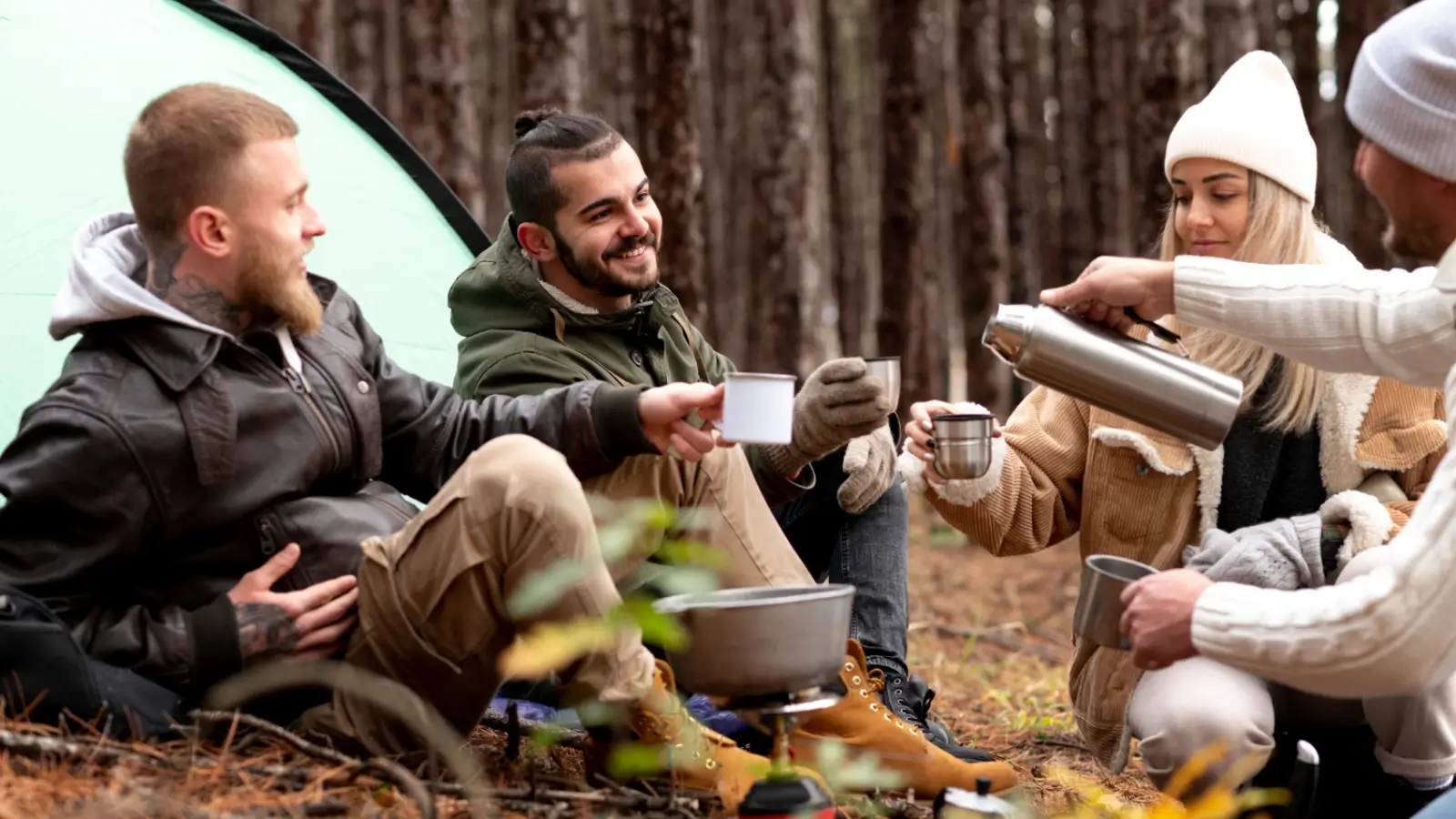


When it comes to embracing the wilderness and seeking a refuge from the bustling city life, camping stands out as an adventurous escape that connects us with nature and provides a refreshing change of scenery. Whether you're a seasoned outdoorsman or a novice embarking on your first foray into the forest, mastering the art of camping is essential for a fulfilling and enjoyable experience. In this guide, we will explore indispensable tips that ensure your camping trip is not just a journey, but a treasure trove of memories.
The first step toward a successful camping trip is thorough planning. Research the campsites and familiarise yourself with the amenities available as well as rules and regulations. Check the weather forecast to prepare for potential conditions and book your campsite in advance if required, to avoid the disappointment of arriving to find no available pitches.
Having the right equipment is crucial. Invest in a sturdy tent, a comfortable sleeping bag, and reliable cooking gear. Ensure that your equipment is suited to the terrain and climate of your destination. Quality gear can make the difference between a trip filled with joy and one fraught with discomfort.
Packing efficiently for a camping trip is an art. Pack clothes that can be layered, as temperatures can fluctuate wildly from day to night. Remember to bring rain gear, even if the forecast is clear, and pack a first-aid kit capable of addressing common outdoor ailments and injuries.
Don't wait until you're in the wilderness to set up your tent for the first time. Practise setting it up at home to ensure that all pieces are accounted for and that you can assemble it quickly. This practice will save you time and frustration, especially if you have to set up camp in the dim evening light.
Meals are a highlight on any camping trip. Plan your menu ahead of time, choosing items that are easy to cook and clean up after. Non-perishable food items are perfect for camping, but don't forget to include fresh produce if possible. Remember to pack snacks for energy while hiking or exploring your surroundings.
One of the most critical camping tenets is to leave the site as you found it, if not better. This means carrying out all your rubbish, being mindful of wildlife, and using established fire rings for campfires. The practice of 'Leave No Trace' is not just courteous; it's a commitment to sustaining the natural beauty of our wilderness.
Safety should never be taken lightly on a camping trip. Educate yourself on the local wildlife, and know how to respond should an encounter occur. Bring a map, compass, or GPS device even if you're travelling trails you think you know well. It's too easy to get disoriented in unfamiliar terrain.
Staying hydrated is paramount when outdoors. Always carry sufficient water, and if you're relying on natural water sources, bring a water filter or purification tablets. Dehydration can quickly lead to disorientation and other serious health concerns, so keep your water bottle filled and accessible at all times.
Always maintain respect for fellow campers. Adhere to quiet hours, manage your pet appropriately if they have joined you on the trip, and keep your campsite tidy. Good campsite etiquette makes for a harmonious environment and ensures everyone's camping experience is enjoyable.
Camping offers a chance to partake in a plethora of activities, such as hiking, bird watching, fishing, and canoeing. Engage fully in the environment to appreciate the diverse beauty of the outdoors. Just remember to have the proper equipment and licences if necessary.
Taking pictures and keeping a journal are fantastic ways to capture the essence of your camping adventures. Documenting the experience allows you to look back and reminisce or share stories with friends and family. However, ensure that your actions are unobtrusive and maintain the serenity of your settings.
The weather can be unpredictable, so always be prepared for unforeseen changes. Waterproof your gear, have extra layers available, and know how to secure your tent against strong winds. Being adaptable is part of the adventure, but being prepared helps ensure it remains fun.
Wildlife encounters can be thrilling aspects of camping, but it's important to observe animals from a safe distance and never feed them. Keep your food stored in animal-proof containers to prevent unwelcome visits and maintain the delicate balance of the ecosystem you are visiting.
Knowing basic survival skills such as how to make a fire, finding direction without a compass, or first-aid is invaluable. Although it's unlikely you'll need to use these skills, having them can make you more confident and capable in the outdoors.
Finally, the most crucial tip for memorable camping trips is to embrace the experience. Disconnect from digital devices, breathe deeply the fresh air, and relish the tranquillity of your natural surrounds. Camping is a unique opportunity to unwind, connect with nature, and create lasting memories.
From choosing the right camping gear to practising eco-friendly principles, there's much to consider for an enriching and memorable outdoor excursion. With these tips in hand, you're now better prepared to master the great outdoors on your next camping trip.